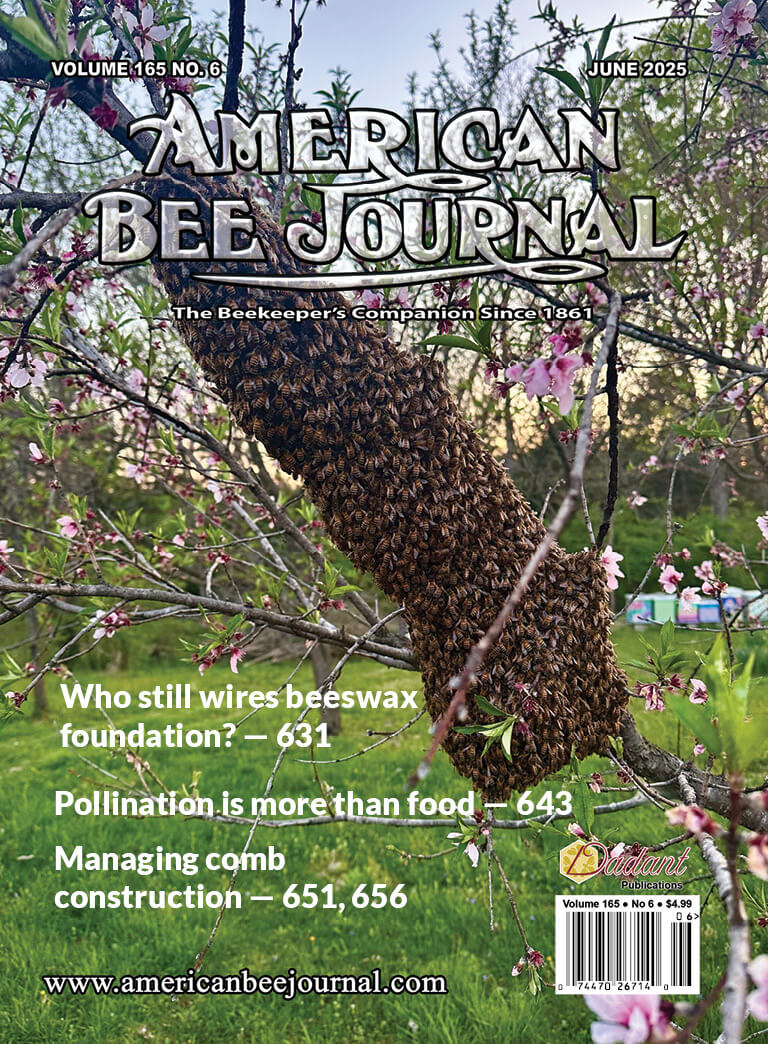
News outlets are adept at grabbing our attention with shock and awe, but what we need are thoughtful solutions.
One afternoon on my way home from the lab, I stopped to check on the colonies at our small apiary in Southlands, Vancouver. My jaw dropped at what I found. Thousands of our bees were on the ground outside their hives, writhing and trembling in piles. It was heartbreaking and sudden – it was the first and only time I witnessed a pesticide kill.
We never tested for pesticide residues, but it’s the most likely explanation for such acute symptoms. Southlands is an affluent neighborhood where $5 million mansions are the norm, with fancy dressage horses in the yard. There is little agriculture, but a lot of landscaping. Our best guess is that someone in the vicinity sprayed pesticides on a decorative, attractive forage source, at a concentration too high, at the wrong time of day.
Thankfully, acute kills such as this are rare in an agricultural setting today. We have less risky application methods, better education, and a better understanding of when, where, and how a pesticide should be applied to minimize risk to pollinators. We are learning from past mistakes, like the previously unappreciated risk of pesticide exposure from drifting seed dust. Now, the problems we’re grappling with are subtler – the chronic, sublethal effects we are only beginning to understand. But the way these subtle effects are announced in the media is typically through overstated, sweeping, fear-generating headlines. And those headlines stimulate equally sweeping, simplistic solutions, if any.
I can understand why news stories covering bee health and agrochemicals take on an alarmist tone. It’s an issue that tugs at our heartstrings and makes us mad – I was certainly upset when my colonies were the ones suffering. The collective alarm makes us feel like we have a common cause to band around. Bees are always the victims. Agrochemicals or their producers (like Bayer or Syngenta) are always the villains. We are usually the implicit heroes, energized to fight for change. But I think this simple story construction is doing us a disservice. So often, it means the story stops there, the facts are likely to be misconstrued, and the path forward is left up in the clouds.
Take, for example, the recent work from Dr. Nancy Moran’s lab, which detailed their new finding that glyphosate (the active ingredient in the herbicide, Roundup) could indirectly affect honey bee health through perturbing their gut bacteria.1 If you aren’t familiar with the research, head over to Scott McArt’s column, Notes from the Lab, where he discusses the paper in this issue. Very briefly, glyphosate was not thought to be harmful to animals; rather, it kills plants and bacteria by inhibiting an essential enzyme. Honey bees have a core bacterial community in their gut, as I have written about previously,2 which is important for immune stimulation and nutrient digestion. Thus, Moran and her colleagues logically showed that glyphosate could have unexpected consequences for honey bees, not by harming the bees themselves, but by disrupting their gut microbes. They showed that feeding bees with sugar syrup spiked with 5-10 mg/L of glyphosate for several days changed the bees’ gut microbial community, and made the bees more susceptible to an emerging opportunistic pathogen, Serratia marcescens. This dose is higher than what bees should be ….


